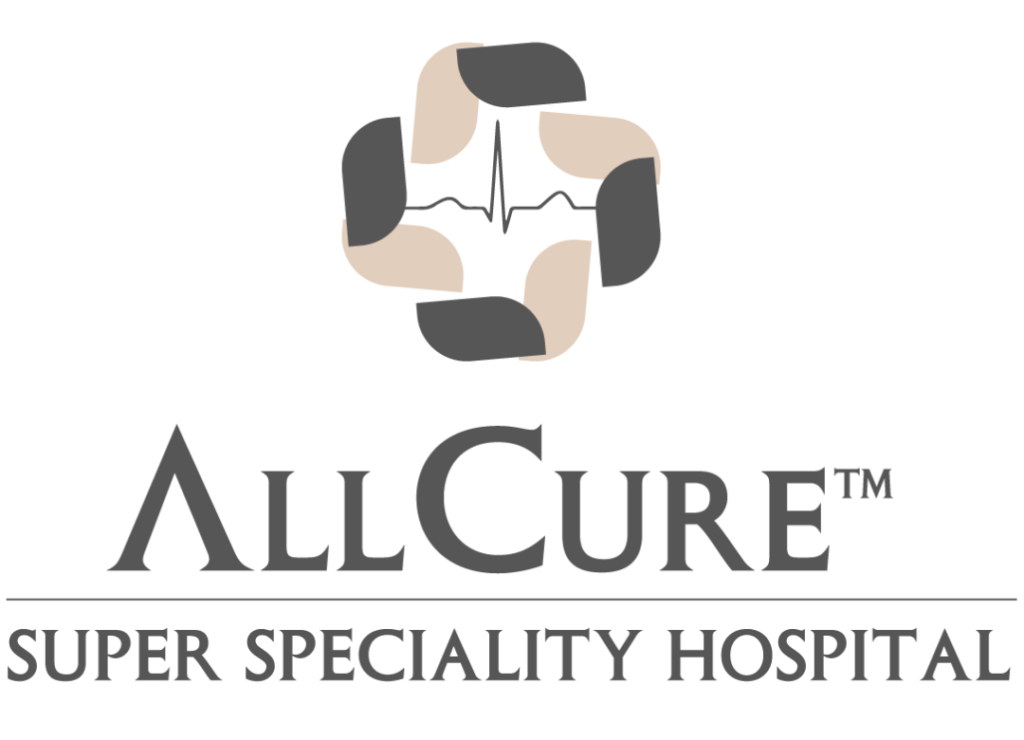Cancer is a complex and devastating disease that has plagued humanity for centuries. While advancements in medical research have led to significant breakthroughs in cancer treatment, including targeted therapies, immunotherapies, surgeries, radiotherapies, and chemotherapies, it is essential to acknowledge that cancer is not always curable.
In this blog, we will explore the concept of cancer recurrence, why it occurs, the symptoms to watch out for, and the available treatment options.
What is Cancer Recurrence?
Cancer recurrence refers to the return of cancer after a period of time during which it was in remission or appeared to have been successfully treated. Recurrence of cancer remains a challenging aspect of cancer management.
There are different types of cancer recurrences:
- Local recurrence: Cancer has returned to the same place as the original site of cancer.
- Regional recurrence: Cancer has returned to lymph nodes or tissues near the original site of cancer.
- Distant recurrence: Cancer cells from the primary tumour have spread to distant organs or tissues in the body, away from the site of the original tumour.
Does Cancer Return After Treatment?
One of the most pressing concerns for cancer patients is the possibility of cancer returning after treatment.
Unfortunately, cancer can return within weeks, months, or even years after the original cancer was treated. Cancer recurrence is most likely to occur within the first two years following initial treatment. The risk of recurrence decreases significantly after five years. In certain cases, medical professionals may consider a patient cured after ten years. However, some types of cancer can re-emerge many years after the initial diagnosis.
The likelihood of cancer recurrence varies depending on various factors, such as the type and stage of cancer and the effectiveness of initial treatment.
The rates of recurrence of cancer can be broad. The table below shows the recurrence estimates for certain cancer types.
Type | Overall Recurrence Rate |
Breast Cancer | 30% |
Cervical Cancer | 35% |
Hodgkin’s Lymphoma | 0-30% after primary treatment 20-50% after second-line treatment |
Prostate Cancer | 20-30% |
Lung Cancer | 30-75% |
Pancreatic Cancer | 36% |
Glioblastoma | Nearly 100% |
Why Does Cancer Come Back?
Cancer recurrence can be attributed to several underlying factors and reasons. These reasons include:
- Even after successful therapy, a few cancer cells may remain undetectable in the body at the time of treatment. These cells can later multiply and lead to a recurrence.
- Cancer cells can spread from the original tumour to other parts of the body and establish new tumours.
- Cancer cells develop resistance to treatments.
- Incomplete removal of cancerous cells during surgery.
- Genetic mutations in cancer cells and poor lifestyle choices, such as tobacco or alcohol consumption.
What are the Symptoms of Cancer Recurrence?
The symptoms of cancer recurrence differ based on the type of cancer. However, there are some common signs to be aware of for effective intervention and treatment. A few common symptoms of cancer recurrence include the following:
- Unexplained weight loss
- Fatigue and shortness of breath
- Persistent fever
- Pain and unusual bruising or bleeding
- Blood in the bowels or urine
- Hoarseness or trouble swallowing
- Unusual lumps
- Nausea and vomiting
Can Cancer be Treated After a Recurrence?
Yes, cancer can be treated after a recurrence. The approach to treating cancer after a recurrence depends on various factors, including the type and stage of cancer, the location of the recurrence, the previous treatment received, and the overall health of the patient.
When cancer recurs, its response to treatment is not always as effective as during the initial treatment.
Recurrence cancer treatment options include:
- Repeat first-line or initial treatment
- Perform surgery to remove new tumours
- Utilise different chemotherapy drugs or combinations of drugs
- Explore alternative treatment approaches such as targeted therapies or immunotherapy
Conclusion:
Cancer recurrence is a distressing possibility for cancer survivors. Understanding the risk factors, recognising the symptoms of recurrence, and seeking prompt medical attention can significantly impact the outcome of recurrence and improve the well-being of the patient.
